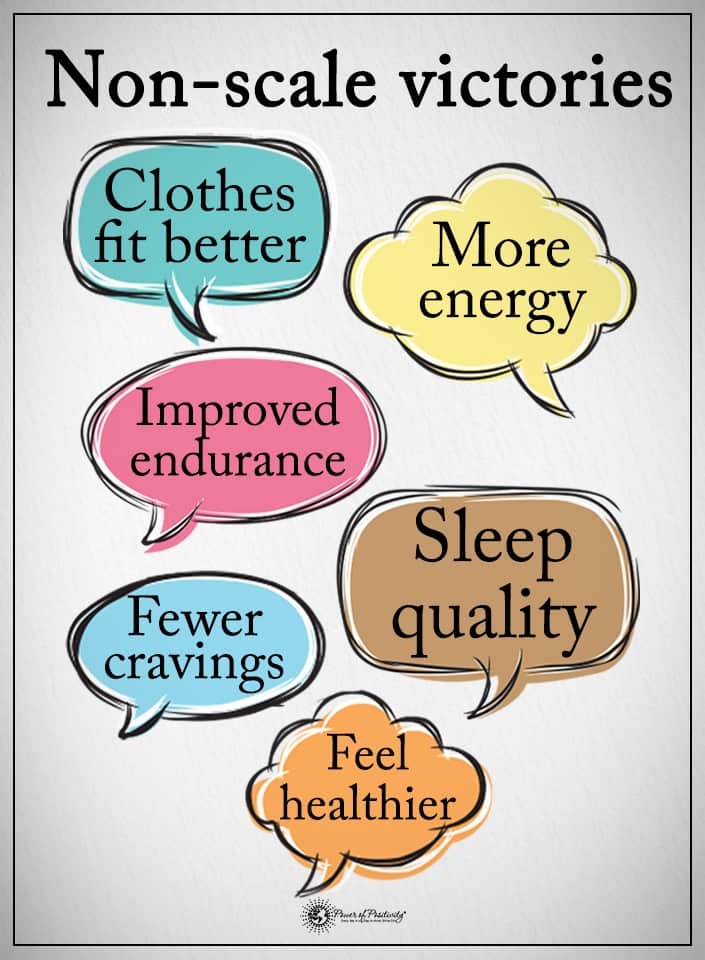Binge eating is far too common, and is actually one of the foremost eating problems, affecting thousands of adults yearly. What’s worse it is thought that of those people on a diet, up to 30% of them can be considered binge eaters.
“When you’re bingeing, you’re out of control,” says Dori Winchell, Ph.D., a psychologist in private practice in Encinitas, California. “It’s not so much the amount or what you eat, but what it feels like. Is the food in control? After the first bite, can you stop?” If you can’t stop eating even when you know you should, then you may be on an eating binge.
The signs of binge eating may include:
- Eating an extremely great amount of food within a brief period
- Doing it frequently, at the very least once every week
- Feeling a lack of control, meaning you can’t manage to stop what you are eating, or the quantity
- Hiding your eating behaviors
Here are 5 ways to stop the habit of binge eating
Try these tips to help interrupt your urge to eat.
 1. Eat enough to remain satisfied.
1. Eat enough to remain satisfied.
Dieting enhances your chances of bingeing. Individuals with binge eating problems are likely to seek food because they are not eating enough to sustain their energy levels.
While extreme calorie restrictions can help shed weight quicker over the short term, in the long run, massive calorie deficits could force us into a process of restrictive or binge eating to keep our body functioning.
Eat enough calories to eliminate the hunger pains and make the calories count. Sugar is addictive, so if you are eating a lot of processed foods, then you might develop cravings based on your addiction, not on nutritional needs.
Instead of going on a diet, we should focus on eating nutritious foods that are not processed, are low in sugar, and that support our goals. When we focus on our well-being instead of the weight we are trying to lose, we develop healthier habits that support our overall objectives.
2. Remove as many limitations from your diet as possible.
When we are overly restrictive on our food choices, we tend to binge on those foods. Completely removing a food group, unless there is a medical reason, is many times more harmful to us because we compensate by resorting to unhealthy eating choices.
Become a versatile eater. Let’s enjoy our preferred foods moderately throughout our nutrition plan to stop cravings from becoming binges. An eating plan that comes from nature, rather than a box and is full of variety will satisfy our hunger, provide essential nutrients and help eliminate the need to binge.
3. Love yourself enough to stay in action.
It’s easy to eat the whole carton of ice cream when we are sitting on the couch watching an entire season of Game of Thrones. Stay busy and do things that keep your hands and your mind engaged. Something as simple as reading a book, taking a walk, dancing around your apartment, writing letters or chatting with friends on Facebook will keep your mind off the need to eat when you aren’t really hungry.
Make a to-do list of things that you like to do that don’t involve food. Whenever you feel like binge eating, ask yourself if you are really hungry and if the answer is no, then open your to-do list and get to work.
4. Exercise.
Not everybody loves to exercise, but getting your heart rate up can curb your appetite. The journal Metabolism recently published a study where participants indicated a higher level of perceived fullness after participating in aerobic training.
Of course, there are many other benefits to exercising, including an increase in energy plus the natural tendency of our bodies to want healthy, natural foods as fuel. Eating better, drinking more water and an increase in energy is a good recipe to help stop binge eating.
Begin with just ten minutes of aerobic exercise a day and aim to do the exercise about thirty minutes before the time of day when you typically head for the refrigerator. Be consistent, and you will see a difference in just a few short weeks.
 5. Keep a food journal.
5. Keep a food journal.
As mentioned earlier, binge eating is often associated with elevated emotions and mood swings. Understanding why you are eating and watching for triggers can help us make better food decisions.
The best way to get a good understanding of why you eat and when is to log your food activity. Make sure and include the good, the bad, and the ugly and any triggers that may have set off a food binge. Patterns will begin to emerge, and it’s this awareness that can help you stop future binges.
Binge eating can become dangerous to your health. If you feel out of control or that you can’t stop the behavior, it might be necessary to seek professional help for binge eating disorders.

















